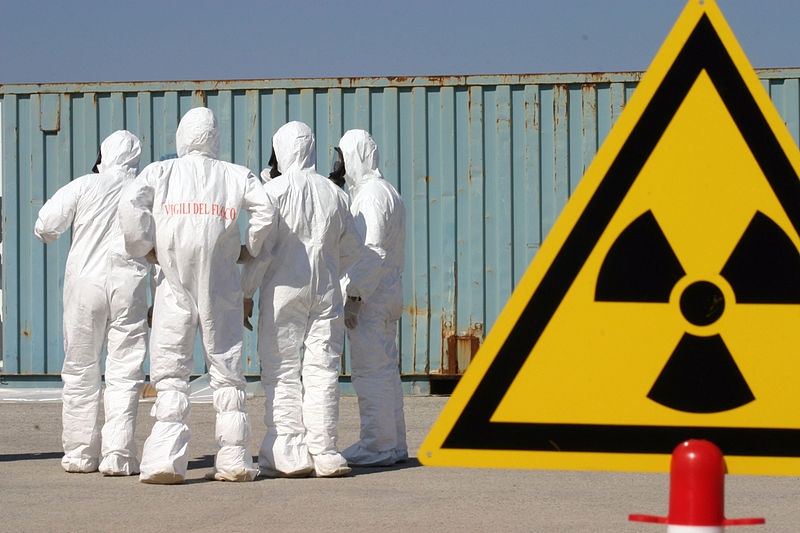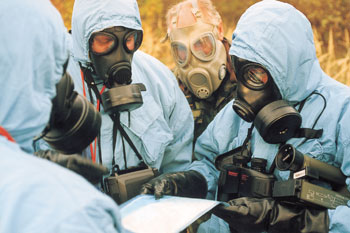
Russia and the U.S Can Be Partners In Preventing Nuclear Terror If A New Umbrella Agreement Is In Place
 Since the creation of the Cooperative Threat Reduction Act (Nunn-Lugar Act) in 1991, the United States and Russia worked together to address the threat of nuclear terrorism. But these efforts require further funding and support from both governments, if we are to continue the impressive progress of the CTR.
Since the creation of the Cooperative Threat Reduction Act (Nunn-Lugar Act) in 1991, the United States and Russia worked together to address the threat of nuclear terrorism. But these efforts require further funding and support from both governments, if we are to continue the impressive progress of the CTR.
The CTR has led to the destruction of over 7,619 nuclear warheads, 902 Intercontinental ballistic missiles, and over 2,936 metric tons of Russian and Albanian chemical weapons agent. It is responsible for the destruction of Albania’s nuclear arsenal in 2007 and the former Soviet states of Ukraine, Kazakhstan, and Belarus are all nuclear weapons free.
While Russia and the U.S. have made great progress in eliminating excess nuclear capabilities, serious nuclear security challenges remain. As then Senator John Kerry said in 2004 that, “The Cold War may be over, the nuclear arms race between the Soviet Union and the United States may have ended, but the possibility of terrorists using nuclear weapons is very real indeed.”
Terrorist organizations are known to have attempted to acquire materials and technology for a WMD. The International Atomic Energy Agency has documented close to 600 incidents involving the theft or loss of nuclear or other radioactive material from 1993 through 2011.
Preventing WMD terrorism is a top national security priority. The first step the U.S. must take in addressing this challenge is the negotiation of a new umbrella agreement with Russia that would allow the vital work of CTR to continue.
The umbrella agreements that provides the legal framework for CTR is set to expire in June of this year. Negotiating an extension or a new agreement will not be easy. Relations between the U.S. and Russia have turned sour over the past year. Although the presidential elections (and surrounding rhetoric) are over, issues like missile defense are no less contentious.
An umbrella agreement to continue cooperation on vital nonproliferation efforts could be the key to breaking the U.S.-Russia impasse. The agreement could pave the way for discussions on another round of nuclear reductions, building on the success of the New START treaty.
Achieving an umbrella agreement will be difficult, but it is worth the effort to extend this vital nonproliferation program.






[…] Russia and the U.S Can Be Partners In Preventing Nuclear Terror If A New Umbrella Agreement Is In Pl… […]